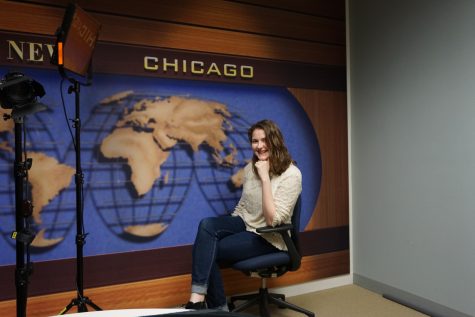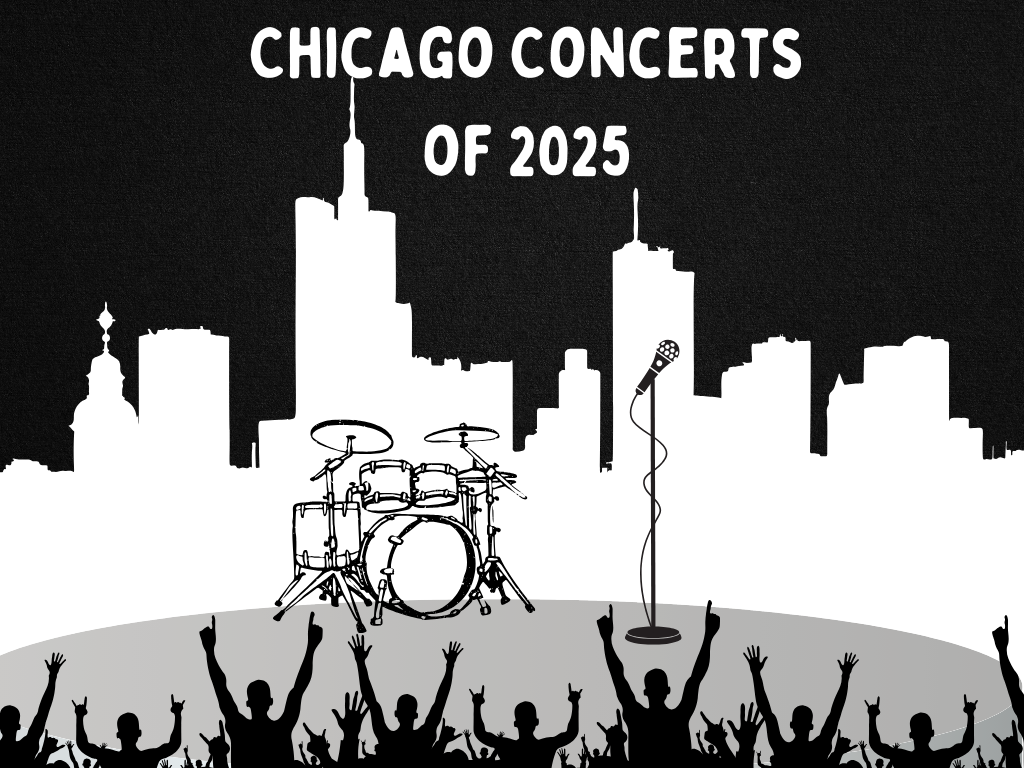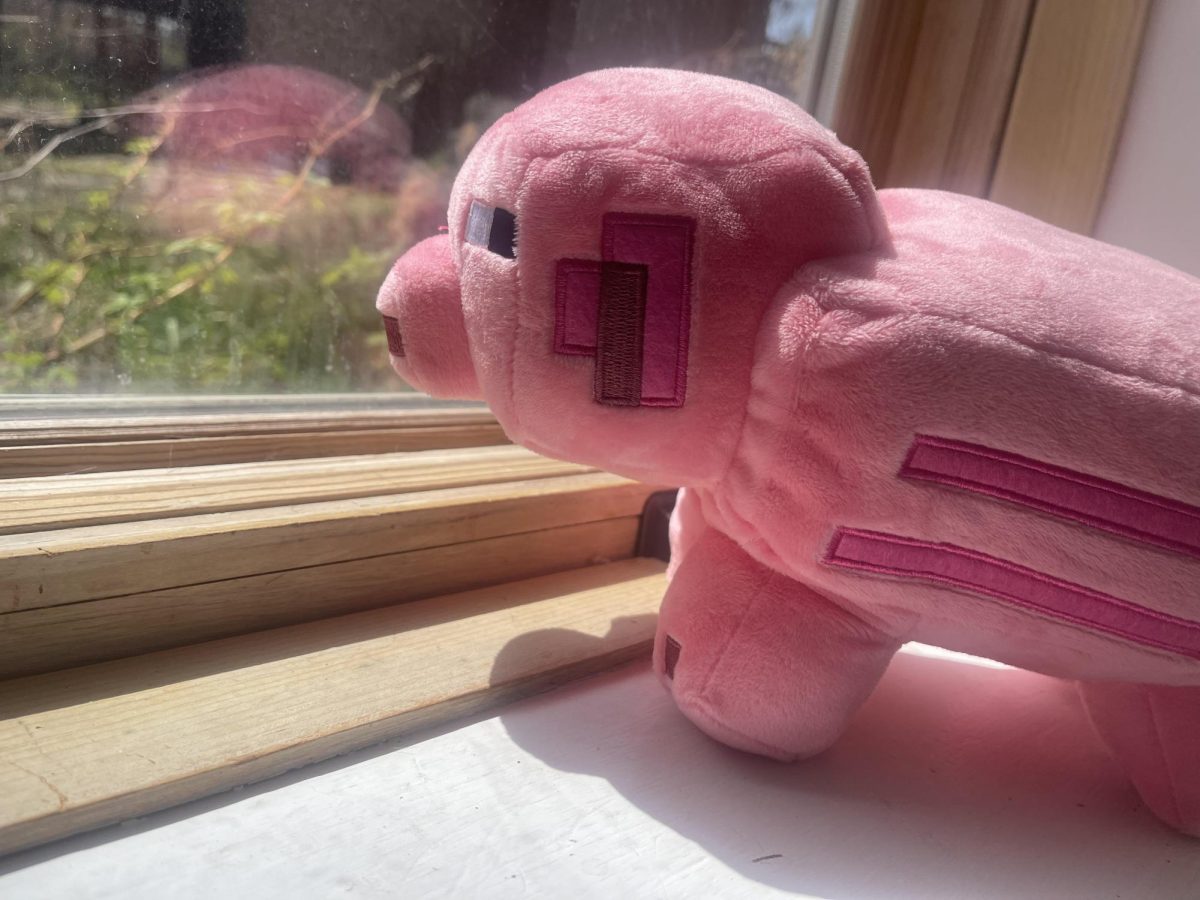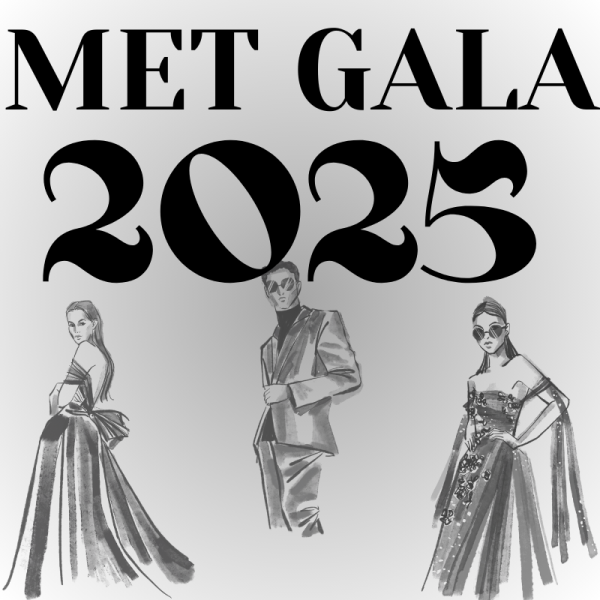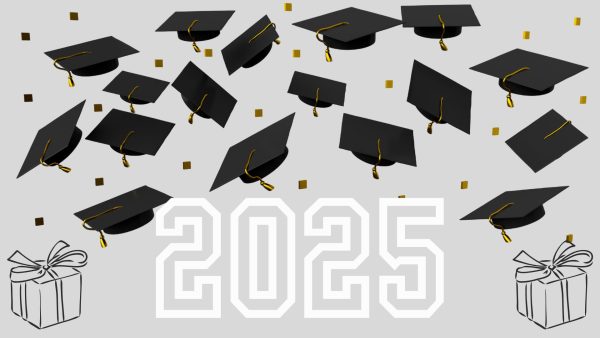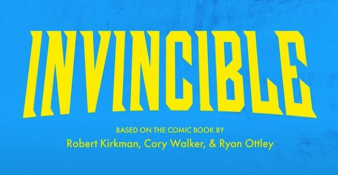Banning books is a ban on education
A response to “Porn read as literature in high schools”
January 26, 2017
Disclaimer: The following opinion expressed is not representative of Lemont High School or the Tom-Tom staff, sponsor, or image. It is solely the opinion of the author.
Recently, Lemont High School has come under fire for including materials in its curriculum that a small group of parents and community members see as unfit for children to read, more specifically calling them “pornography.” An angry parent wrote a critical editorial about two books in particular: I Know Why the Caged Bird Sings written by the late Maya Angelou and The God of Small Things written by Arundhati Roy.
I cannot speak for the latter because it was put into the curriculum the year after me, but I have read Angelou’s piece twice and it is far from pornographic. My copy of the book is obviously worn, showing signs of being read multiple times and being loved for the same amount. There are no annotations but scattered, pink highlights that point out the wittiest, most truthful, and impactful quotes, proving that as a freshman, I got more out of this book that the so-called “pornographic content.”
First of all, as the parent’s editorial cites, pornographic means a piece of work that is highly sexual in matter with intentions to cause sexual arousal. However, the excerpts that she references from the book are about child rape, which is a real life tragedy in itself. Another tragedy is that Angelou’s rape – a key component of her story and life – is being mistaken for porn, implying that the students reading this book are getting aroused by reading about sexual assault. The copies of this book distributed by the school are 289 pages long and two of them are cited for being too graphic to read. Does that mean that the entire book, a masterpiece of lessons, has to be thrown out of the school because two pages are too real for mature high schoolers to read?
During this unit freshman year, the teacher forewarned our class that these few pages might be disturbing to read and that we didn’t have to read them if we didn’t want to. That meant that it was our own conscious choice to read the selected pages. The intention of reading this book is not to expose us to rape – a real life problem that often gets censored and swept under the rug – but to look at this woman’s incredible life through a different perspective, to see what we are all blessed to not have been exposed to, the nitty, gritty of human life. If real life is too much for your kids to handle, then take them out of school altogether. Shut down the internet and cancel your cable subscription.
This book was one of the most down-to-Earth books that we have read during our four years here. So many other incredible books in our curriculum are banned in other states (Including some of my personal favorites: The Adventures of Huckleberry Finn, Animal Farm, The Great Gatsby, and many others. Several books on this list are also books that students are allowed to cite on the AP Literature test, so that shows how seriously this list is taken). But here’s a secret: the banned books are the best books. They are the most real, the most wholesome, and honest pieces of literature that we are exposed to. Banning harmless books is only forcing kids to be less exposed to the real world.
By not encouraging students to read about sex, murder, homosexuality, and suicide, they are subliminally told that these things are rare, that they don’t happen often and – particularly – won’t happen to them. But they can. Banning books with homosexuality is counterproductive and implying that homosexuality is wrong and not to be read or spoken about. Sex (in the context of rape), murder, and suicide are on the news daily and homosexuality is not a thing to be shielded from modern life, so why shield them all from books?
To the parents angry about their children reading books that they have deemed inappropriate, I beg of you to read – or reread – these materials that you have flagged as unfit for our impressionable eyes and try to tell me that they aren’t vital, that they aren’t valuable and eye-opening pieces of literature. I challenge you to open your minds and your literary hearts. If you don’t want your child specifically to read this book, then don’t allow your child in particular to read it. Don’t deprive an entire student body and the student bodies to come from such meaningful stories.
To quote the lovely Maya Angelou, “There is no greater agony than bearing an untold story inside you.” Please, don’t make her story go untold.

